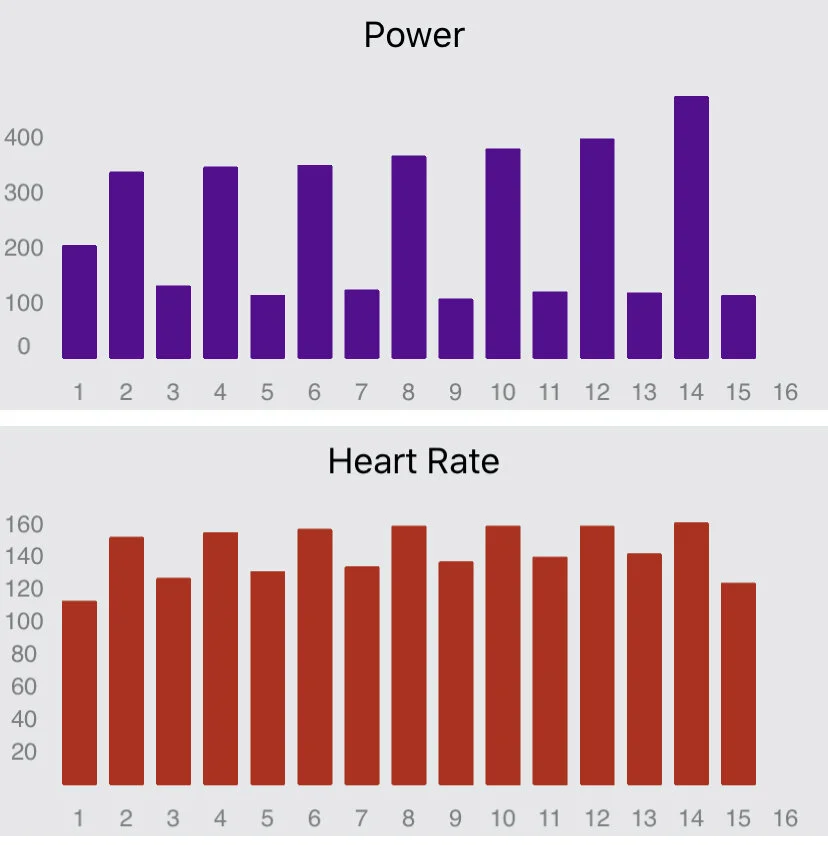More and more the market is becoming flooded with devices or services that can track every metric you can choose to mention from heart rate right to sleep quality. I even heard of a service recently that offered athletes monthly blood tests to track fatigue.
But are we becoming a bit obsessed by all this?
In a recent instagram Q&A, I was asked, ‘How important is training to data vs training to feel?’
I believe they both have their place and depending on: the type of training you’re doing; the level of athlete you are; the time of year; and what the focus of that particular session is, will dictate which one should take precedent.
An athlete’s ability to feel a level of effort is crucial to good performance. Being able to tell the difference between something that is hard and easy is so important for improving fitness. More and more I see athletes staring at watches or bike computers and stressing about getting into certain zones and paces etc. This is taking the fun and enjoyment out of it as well as causing more stress along the way.
I challenge you on your next training session to try not to look at your device and see if you can guess your pace/HR/power and see how close you are based on what you perceive it to be. It’s a great exercise and will really get you dialled into what your body - and not the technology - is telling you.
Training like this also has a second advantage. At some point you will be in race or a training session and your all-singing all-dancing exercise tracking gadget will decide it fancies a day off - seriously it will! And it will be at the point when you need it the most. But if you’re an athlete that can train to feel equally as well as data then you’re going to have a much better day than the athlete who is now totally at a loss as to their effort level.
A great example of this is Steve Jones, former world marathon record holder. When he broke the record, he famously ran without a watch and didn’t know he was on world record pace until the closing stages of the race. Who reading this could confidently say they could do a race without a watch and know what pace they were hitting or even worse - not upload it to Strava afterwards?
Now I’m not saying that data is terrible and that we should all abandon it right this moment. I’m just encouraging athletes to be a smart consumer of it. Data can tell us if we are training too hard or too easy. It can make sure that training is progressive and productive in nature and it can give you a pretty good indicator of your current performance. But it can be misused.
I believe that the biggest misuse of data we have as athletes is the average. Average Speed. Average pace. Average power. We’re obsessed! Let’s be brutally honest here, your average speed or pace etc over the full course of a training session is pretty much irrelevant. It will vary greatly depending on the terrain, weather conditions, your own level of fatigue and even down to how much coffee you drank that morning.
The data you ought to be looking at is the averages for your intervals or laps etc. These give you a great indication of your current fitness and what you may be capable of in a race under the right conditions. This is the data you need to be looking at.
So, to bring us right back to where we started : ‘How important is training to data vs training to feel?’
They are both important but place the emphasis on the correct data at the correct time and know when it’s best to train to feel.

